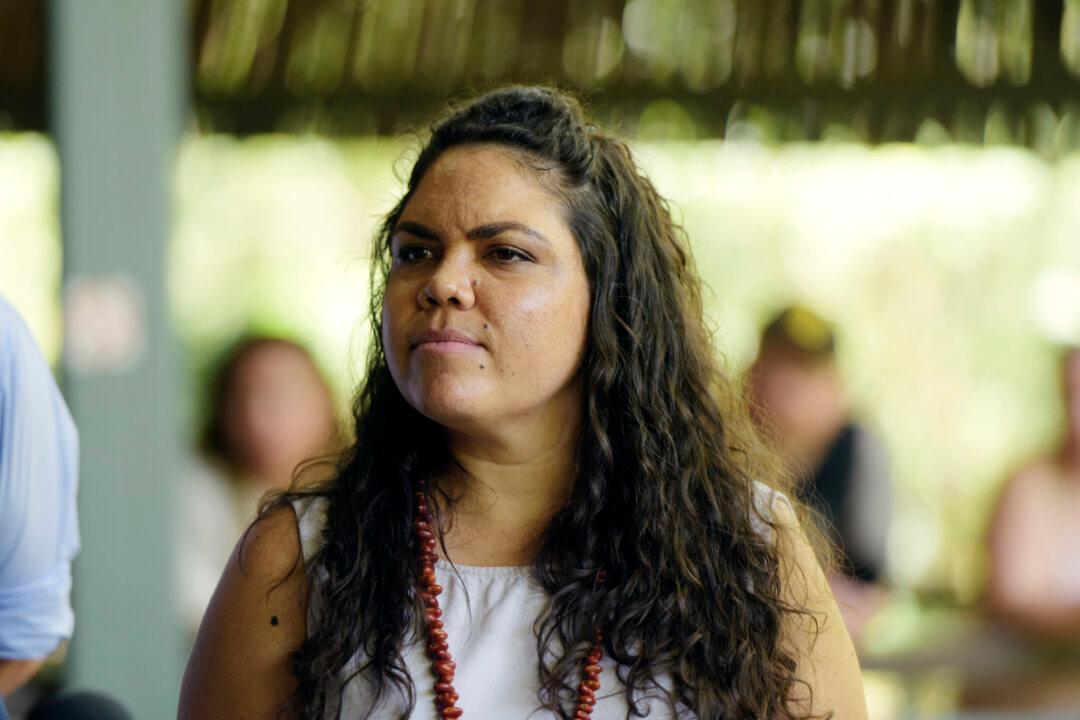An expert on cancel culture has said that conservative Indigenous politician Jacinta Price gets vilified by Indigenous activists because she calls attention to the issues they don’t want to talk about, like family violence, alcohol abuse, and the problems caused by welfare dependency.
Peter Kurti, the director of the Culture, Prosperity, and Civil Society program at the Centre for Independent Studies (CIS), said that unlike other Indigenous activists Price doesn’t champion abstract or symbolic efforts like changing or abolishing the date of Australia Day.





